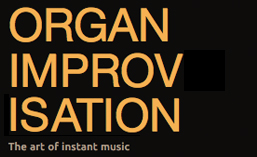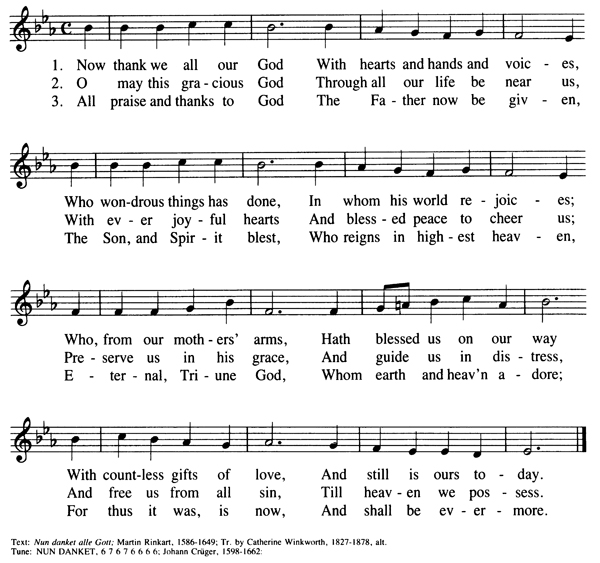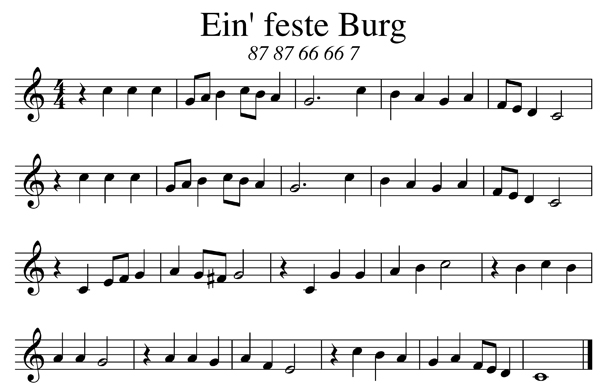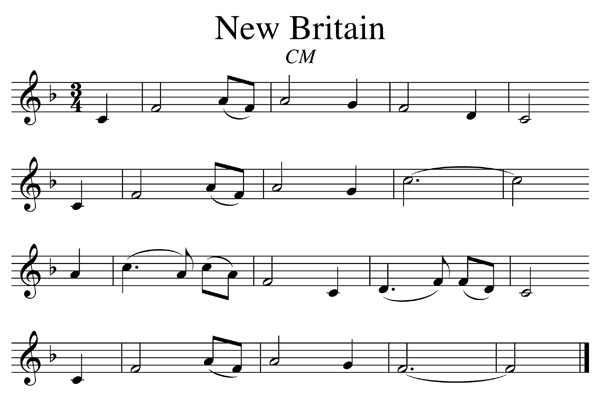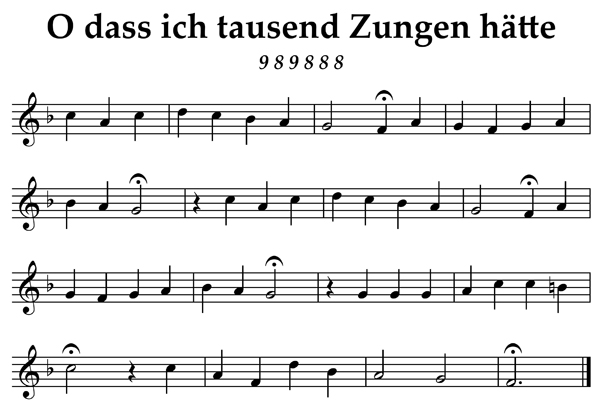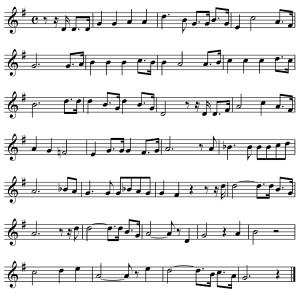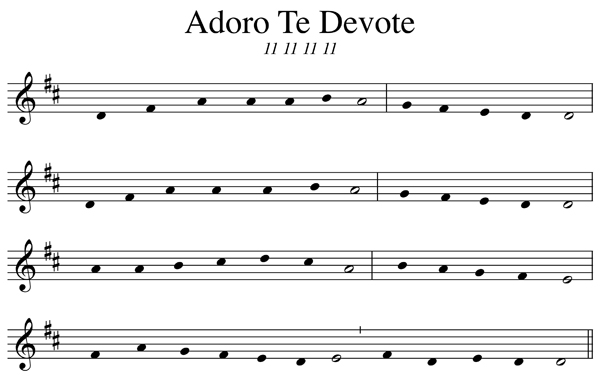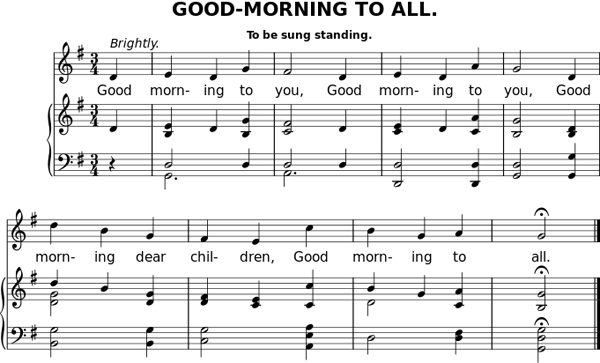
According to the 1998 Guinness Book of World Records, “Happy Birthday to You” is the most recognized song in the English language. Traditionally sung to celebrate the anniversary of a person’s birth, the melody comes from the song “Good Morning to All”, which has been attributed to American siblings Patty Hill and Mildred J. Hill in 1893. However, the Summy Company registered for copyright in 1935 crediting authors Preston Ware Orem and Mrs. R.R. Forman. With changes in the US copyright laws, this has led to confusion about when the song will become public domain. In the European Union, copyright lasts for the life of the author(s) plus 70 years; since Patty Hill (the last surviving author) died in 1946, the copyright in these countries would expire at the latest on December 31, 2016. In the US, if the formalities were properly followed for a valid copyright and renewal, the song would not pass into the public domain until the end of 2030, 95 years after the publication by the authors. A class action lawsuit is currently in process to determine if the proper copyright procedures were followed and/or if the song is now public domain.
See a list of other traditional song themes here.
Videos:
Philippe Bardon – Happy Birthday – St Maximin
Johannes Mayr – Happy Birthday – St.Eberhard, Stuttgart
Paolo Oreni – Happy Birthday – St. Joseph, Bonn Beuel
Olivier Latry, Vincent Dubois, Paolo Oreni and Michael Bottenhorn – Happy Birthday – St. Joseph, Bonn Beuel


